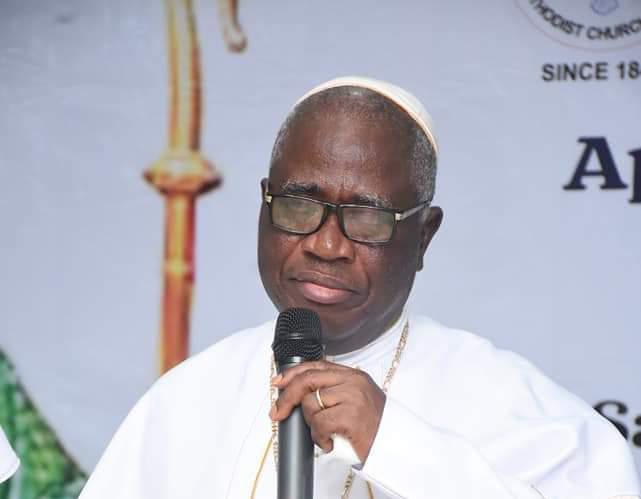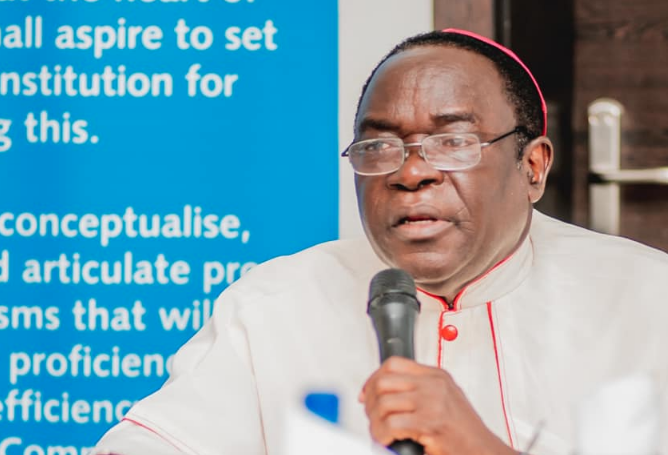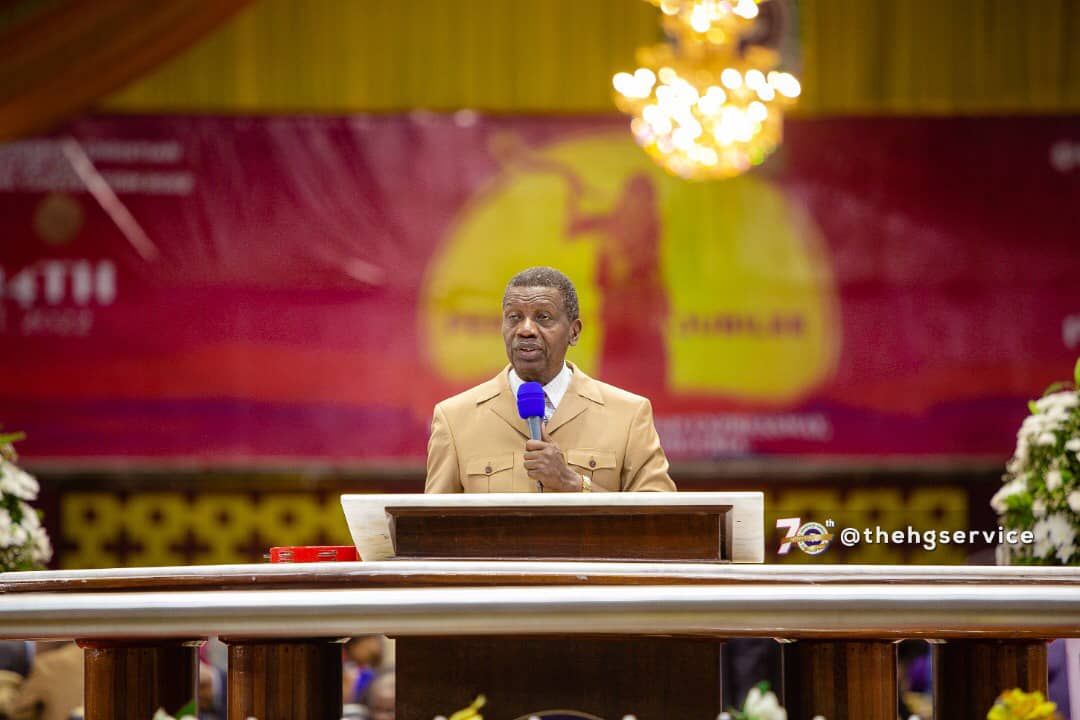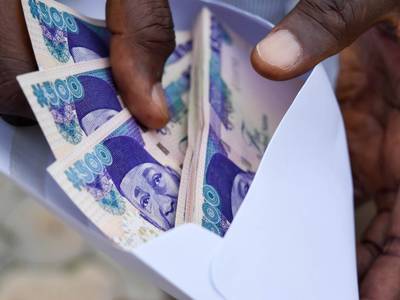Poll: Dear ladies, would you date a ‘Yahoo boy’?
The US department of justice says three Nigerians have been extradited from the United Kingdom (UK) over their alleged involvement in defrauding universities in the US.
According to a statement on Wednesday, the three Nigerians — identified as Oludayo Kolawole John Adeagbo, Donald Ikenna Echeazu, and Olabanji Egbinola — allegedly participated in several fraudulent schemes involving over $5 million.
The fraud was said to have targeted institutions and organisations in the western district of North Carolina, southern district of Texas, and eastern district of Virginia.
The three suspects were said to have been arrested in April 2020 in the UK, and an order for their extradition to the US granted in September 2021.
Advertisement
They, however, reportedly appealed the judgment, but a UK high court ruled against their motion to challenge the extradition order on July 12, 2022.
In the western district of North Carolina, Adeagbo and Echeazu are accused of defrauding a North Carolina university of over $1.9 million.
“Oludayo Kolawole John Adeagbo aka John Edwards and John Dayo, 43, a Nigerian citizen and UK resident, and Donald Ikenna Echeazu aka Donald Smith and Donald Dodient, 40, a dual UK and Nigerian citizen, are charged with wire fraud conspiracy, money laundering conspiracy and aggravated identity theft for defrauding a North Carolina university (the University) of more than $1.9 million via a business email compromise scheme,” the statement reads.
Advertisement
“The indictment was returned by a federal grand jury in the Western District of North Carolina on April 17, 2019, and was unsealed yesterday following Echeazu’s initial appearance in federal court in Charlotte.
“According to allegations contained in the indictment, from Aug. 30, 2016, to Jan. 12, 2017, Adeagbo and Echeazu conspired with other individuals to obtain information about significant construction projects occurring throughout the United States, including an ongoing multi-million-dollar project at the victim University.
“To execute the scheme, the defendants allegedly registered a domain name similar to that of the legitimate construction company in charge of the University’s project and created an email address that closely resembled that of an employee of the construction company. Using the fake email address, the co-conspirators allegedly deceived and directed the University to wire a payment of more than $1.9 million to a bank account controlled by an individual working under the direction of defendants. Upon receiving the payment, the co-conspirators allegedly laundered the stolen proceeds through a series of financial transactions designed to conceal the fraud.”
Both suspects risk 20 years imprisonment on each charge, while the count on identity theft “carries a mandatory two-year prison sentence consecutive to any other term imposed”.
Advertisement
In the southern district of Texas, Adeagbo, who risks up to 20 years in jail if convicted, is accused of attempting to steal over $3 million in several fraudulent schemes.
“A federal grand jury returned the indictment March 30, 2022, which was unsealed on Aug. 3, 2022 before he was extradited to the United States,” the statement reads.
“From November 2016 until July 2018, Adeagbo allegedly conspired with others to participate in cyber-enabled business email compromises in an attempt to steal more than $3 million from victims in Texas, including local government entities, construction companies and a Houston-area college.
“The indictment alleges Adeagbo and his co-conspirators registered domain names that looked similar to legitimate companies. They then sent emails from those domains pretending to be employees at those companies, according to the charges. The conspirators allegedly sent emails to clients or customers of the companies they impersonated and deceived those customers into sending wire payments to bank accounts they controlled.”
Advertisement
Meanwhile, in the eastern district of Virginia, Egbinola is said to have conspired to defraud a university of more than $400,000.
“According to a criminal complaint issued by the U.S. District Court for the Eastern District of Virginia, from Sept. 26, 2018, to Dec. 26, 2018, Egbinola is alleged to have conspired with others to defraud a Virginia-based university. Egbinola and co-conspirators created and used a fraudulent email account that incorporated the name of a construction company that had a large, ongoing contract with the university,” the US justice department said.
Advertisement
“Using this email account, Egbinola and co-conspirators deceived the university into transferring $469,819.49 to a bank account controlled by Egbinola and co-conspirators.
“That money was quickly laundered and transferred overseas through numerous transactions. Evidence obtained during the investigation showed that Egbinola repeatedly accessed the email account used to defraud the Virginia university.”
Advertisement
Add a comment






